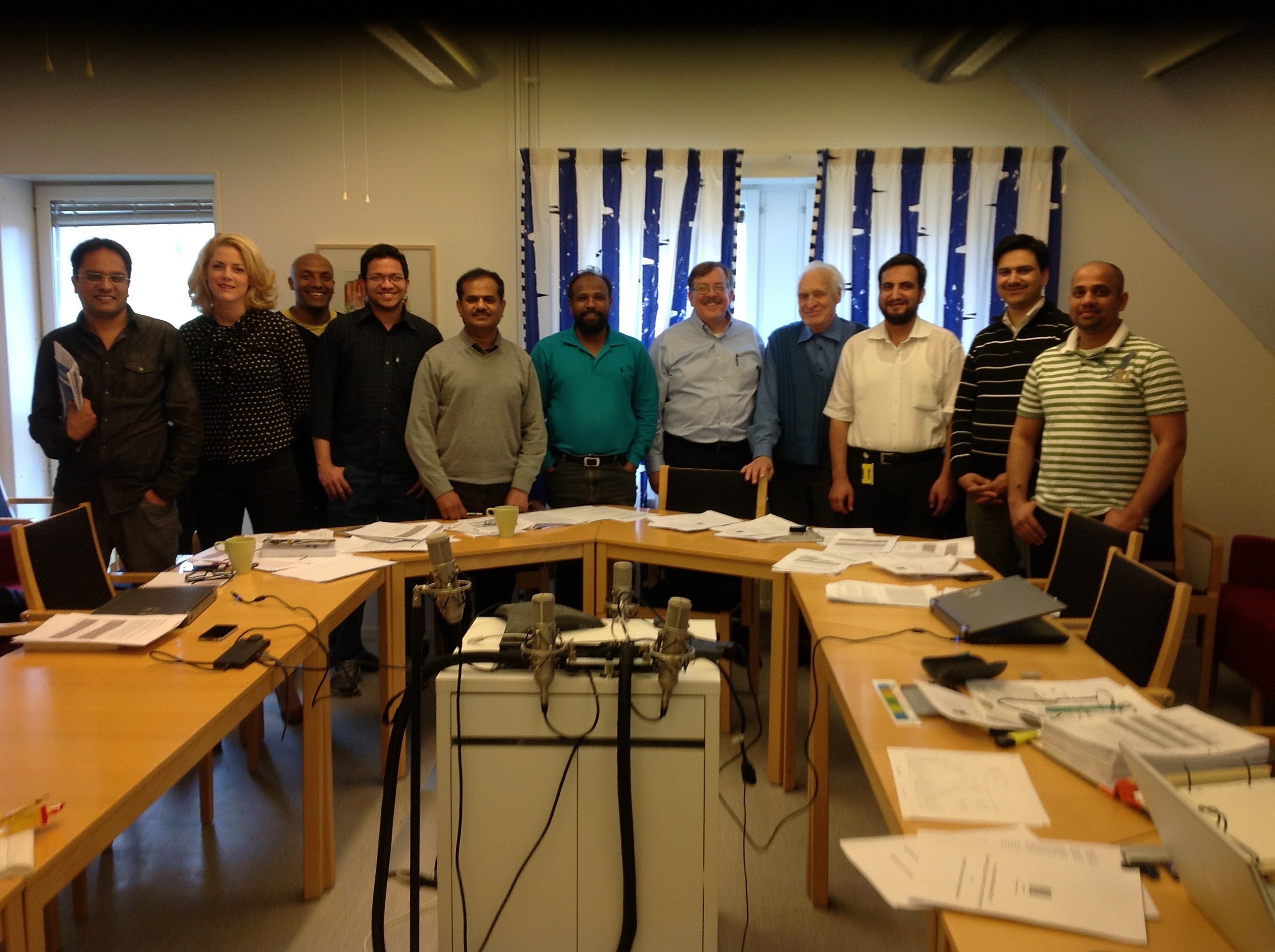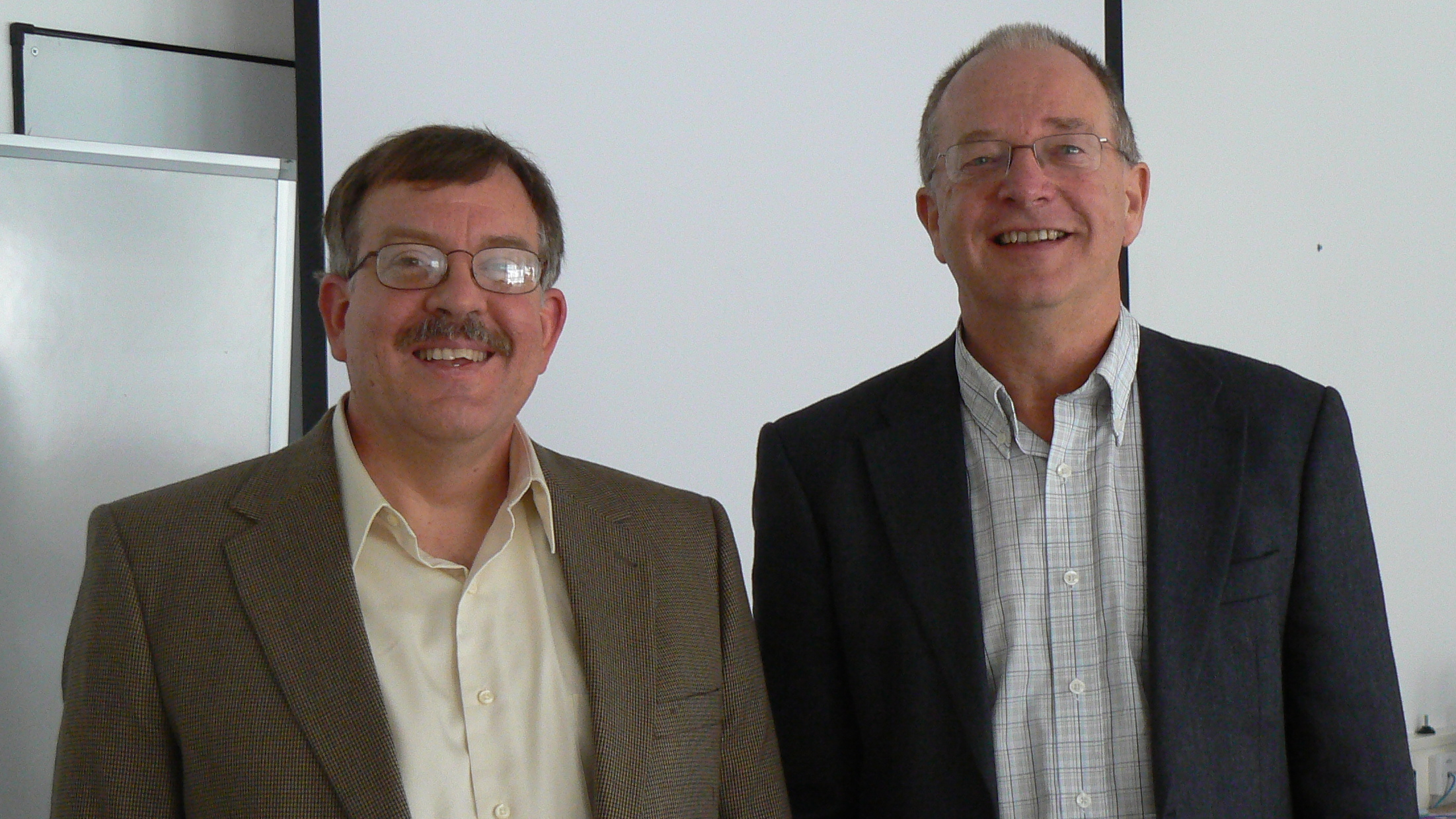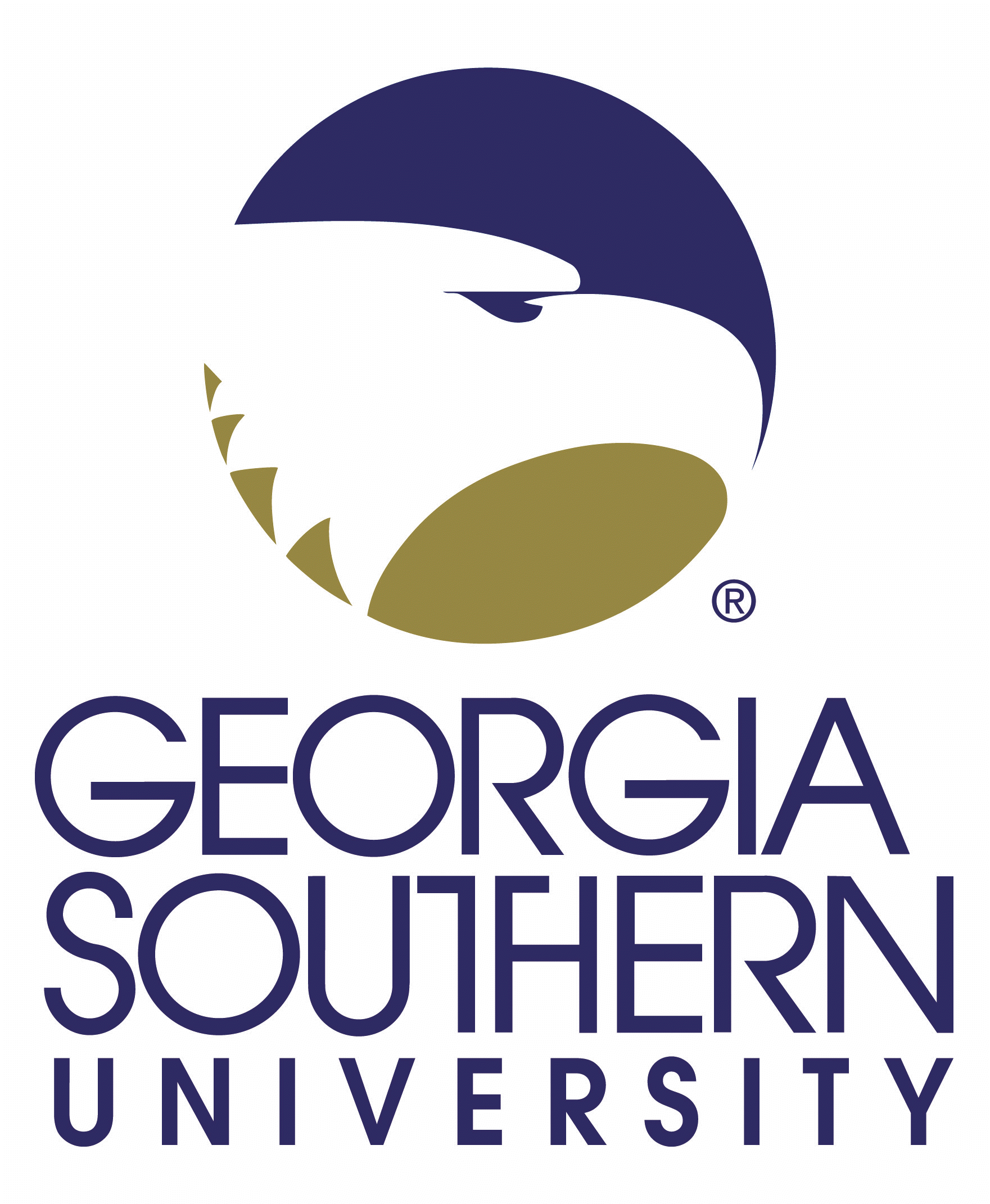|
About Mike
|
|
|
|
Michael
J. Cuellar
Assistant
Professor
Department of Information Systems
College of Business
Georgia Southern University
PO Box 7998
Statesboro, GA 30460
Phone:
(919) 530-5360
Email: mcuellar@nccu.edu |
|
Michael
J. Cuellar is
a
behavioral IS researcher whose research interests focus
on the question of what makes IS projects and other change activities successful. He has investigated this question largely at the social level of
analysis; investigating the relationship between IT artifacts and people and how those relationships come to exist.
Another area of research interest is that of the evaluation
of scholarly productivity.
He
has taught courses at both the undergraduate and graduate
level. He has taught such courses as Business Computer
Applications, Fundamentals of IS, Introductory Programming,
Outsourcing, Systems Analysis and Design and Project Management.
His student ratings score consistently above the departmental
average for all courses.
He
has substantial experience in industry having held management
positions for EDS and American Software. His experience
includes managing software product development and infrastructure
services, as well as systems management sales. His industry
experience is in high technology manufacturing companies
as well as automotive, and aerospace manufacturing.
Mike
has published papers at conferences and journals such
as the European Journal of Information Systems, the
Journal of the Association for Information Systems,
the European Journal of Operations Research,
and the ICIS, AMCIS, the Academy
of Management Annual Meeting Conferences.
He
serves of the boards of the Database, Journal of Information
Systems Education, Business & Information Systems Engineering (BISE) and the AIS IT Project Management
SIG and the Southern Association for Information Systems. He is the Managing Editor for the Journal of
the Southern Association for Information Systems. |
What's
New?
|
|
August,
2013
I started work at Georgia Southern University!
|
|
June,
2013
My
paper "The Role of a Bad News Reporter in Information Technology Project Escalation: A Deaf Effect Perspective"
was accepted by The DATA BASE for Advances in Information Systems!
|
|
May,
2012
Doctoral
Seminar in Critical Realism at Mid-Sweden University.
|

This
is the class of doctoral students that I taught
in my seminar. From left to right: Jawad Salim,
Christina Grandien, Nathan Lakew, Soumitra Choudhury,
Ahmad Naeem, Alam Anzar, Me, Hans-Erik Nissen, Abdul
Majird, Abdul Malik, Asif Akam.
|
On
May 14-16, I taught a doctoral seminar on critical
realism at Mid-Sweden University in Sundsvall, Sweden.
The
seminar covered the foundational aspects of critical
realism, the implications for research methodology
and examination of some recent publications in the
area.
|
|

|
While
there, I met Hans-Erik Nilson, Dean of the College
where Duane works, Hakon, and Hans-Erik Nissen.
We
went out to dinner and ate Reindeer!
|
|
| April,
2012
My
paper "A Realist Conceptualization of the IT Artifact"
received a "Revise and Resubmit" from MIS Quarterly!
|
| October,
2011

The
slides of the presentation are here.
The
University of Kent write-up is here. |
I made a research presentation to John Mingers and
his faculty and PhD students at University of Kent
on 10-17 on behalf of the SIR group.
The
gist of my presentation was: "What we have
found is that the present method of evaluating scholarly
output, counting publications in 'quality' journals,
while expedient, does not assure a correct assessment
of the ability of the scholar and is biased in favor
of the status quo. We suggest that It is better
to use the assessment of the field revealed in citations,
co-authorships, and breadth of publication venues
to evaluate the influence of the scholar. The profile
of metrics thus achieved allows the nature of influence
scholars in their field to be readily seen."
|
|
|  |
| |
|
| |
|
|
|





